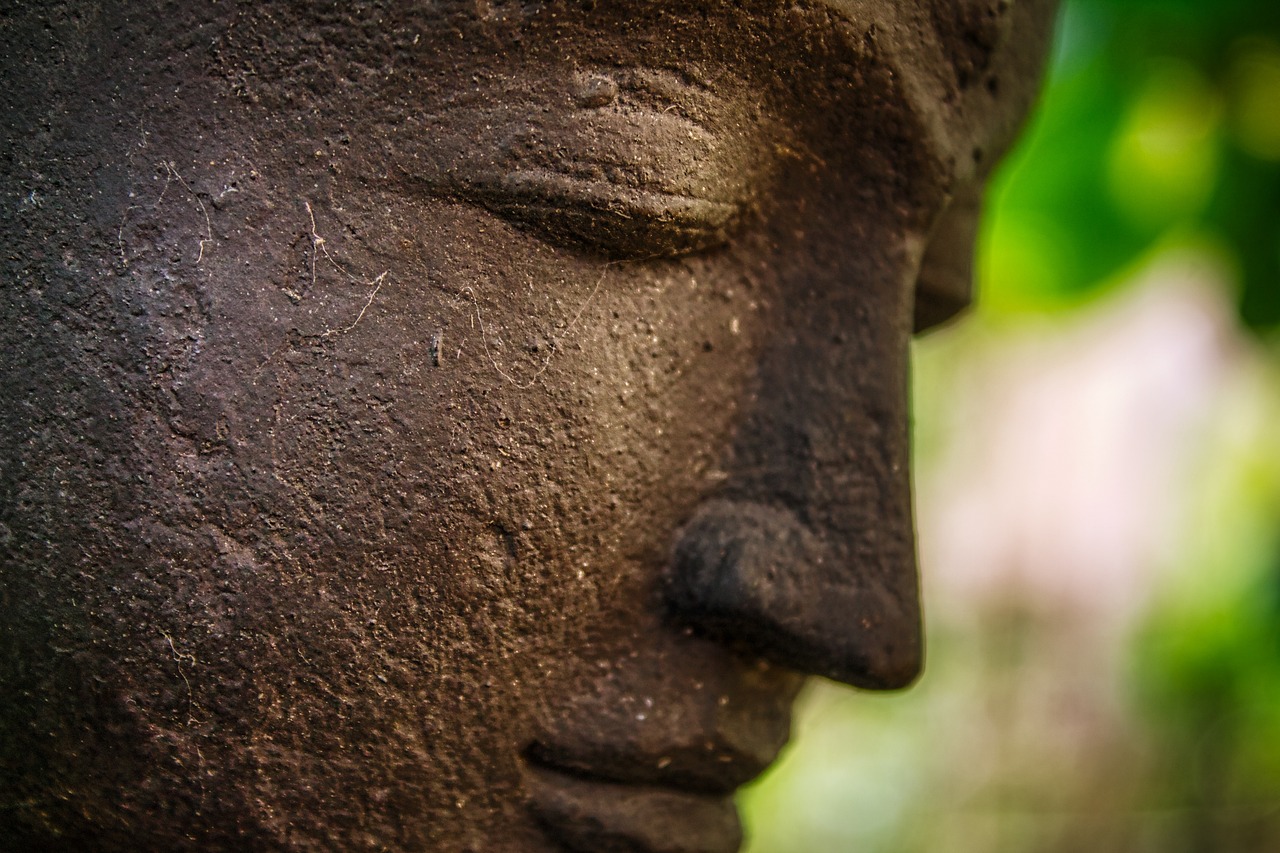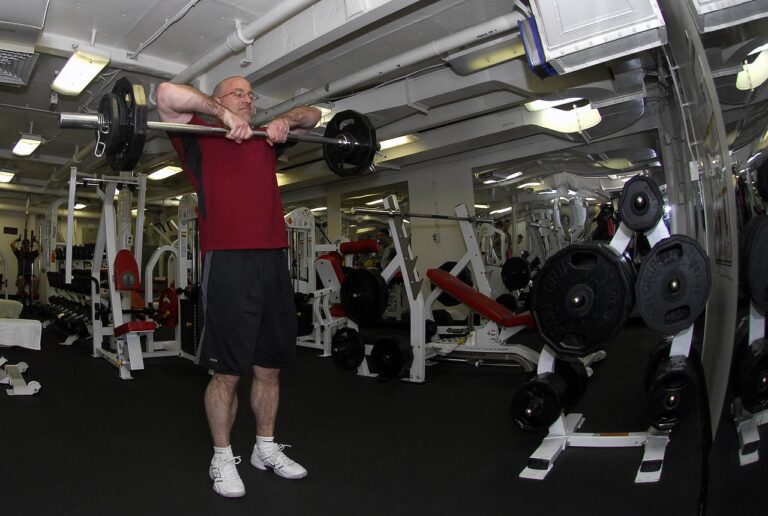Understanding the Impact of Social Isolation on Physical and Mental Health
Social isolation, also known as loneliness, is a growing concern in today’s society. With the rise of technology and social media, many people are becoming more disconnected from real-life interactions and relationships. This has led to a significant impact on both physical and mental health. In this article, we will explore the effects of social isolation on individuals and how it can negatively impact their well-being.
Physical Health Effects
Social isolation has been linked to a number of negative physical health effects. Research has shown that individuals who are socially isolated are at a higher risk for developing chronic illnesses such as heart disease, diabetes, and obesity. This is due to the fact that social isolation can lead to unhealthy lifestyle choices, such as poor diet and lack of exercise.
In addition, social isolation has been shown to weaken the immune system, making individuals more susceptible to infections and illnesses. This can lead to increased healthcare costs and a lower quality of life for those who are socially isolated.
Mental Health Effects
The impact of social isolation on mental health is equally concerning. Studies have shown that individuals who are socially isolated are at a higher risk for developing mental health disorders such as depression and anxiety. This is because social isolation can lead to feelings of loneliness and low self-esteem, which can exacerbate existing mental health issues.
In severe cases, social isolation can even lead to suicidal thoughts and behaviors. It is important for individuals who are experiencing social isolation to seek help from a mental health professional to prevent these serious outcomes.
Relationships and Social Support
One of the key factors in combating social isolation is building strong relationships and social support networks. Humans are social beings, and we thrive on connections with others. By actively seeking out relationships with friends, family members, and community members, individuals can combat the negative effects of social isolation.
Joining social groups or clubs, participating in community events, and volunteering are all great ways to connect with others and combat social isolation. By building strong social connections, individuals can improve their physical and mental health and overall well-being.
Managing Social Isolation
For individuals who are experiencing social isolation, there are steps that can be taken to manage and overcome this issue. Seeking out therapy or counseling can be beneficial in addressing underlying mental health issues that may be contributing to social isolation.
Additionally, engaging in regular physical activity, maintaining a healthy diet, and practicing stress management techniques can help improve overall well-being and combat the negative effects of social isolation. It is important for individuals to take proactive steps to address social isolation and prioritize their mental and physical health.
Conclusion
Social isolation is a significant issue that can have profound effects on both physical and mental health. By understanding the impact of social isolation and taking proactive steps to combat it, individuals can improve their overall well-being and quality of life. Building strong relationships and social support networks, seeking therapy or counseling, and prioritizing self-care are all important steps in managing social isolation and promoting a healthy lifestyle.
FAQs
What are some signs that someone may be experiencing social isolation?
Some signs that someone may be experiencing social isolation include withdrawal from social activities, avoiding interactions with others, and feelings of loneliness or sadness.
How can I help a friend or loved one who is experiencing social isolation?
If you have a friend or loved one who is experiencing social isolation, it is important to reach out to them and offer your support. Encourage them to seek help from a mental health professional and provide them with resources for building strong relationships and social support networks.
Are there support groups or organizations that can help individuals who are experiencing social isolation?
Yes, there are support groups and organizations that specialize in helping individuals who are experiencing social isolation. These groups can provide resources, counseling, and support for individuals who are struggling to connect with others.
What are some healthy ways to combat social isolation?
Some healthy ways to combat social isolation include joining social groups or clubs, participating in community events, and volunteering. These activities can help individuals connect with others and build strong relationships and social support networks.







